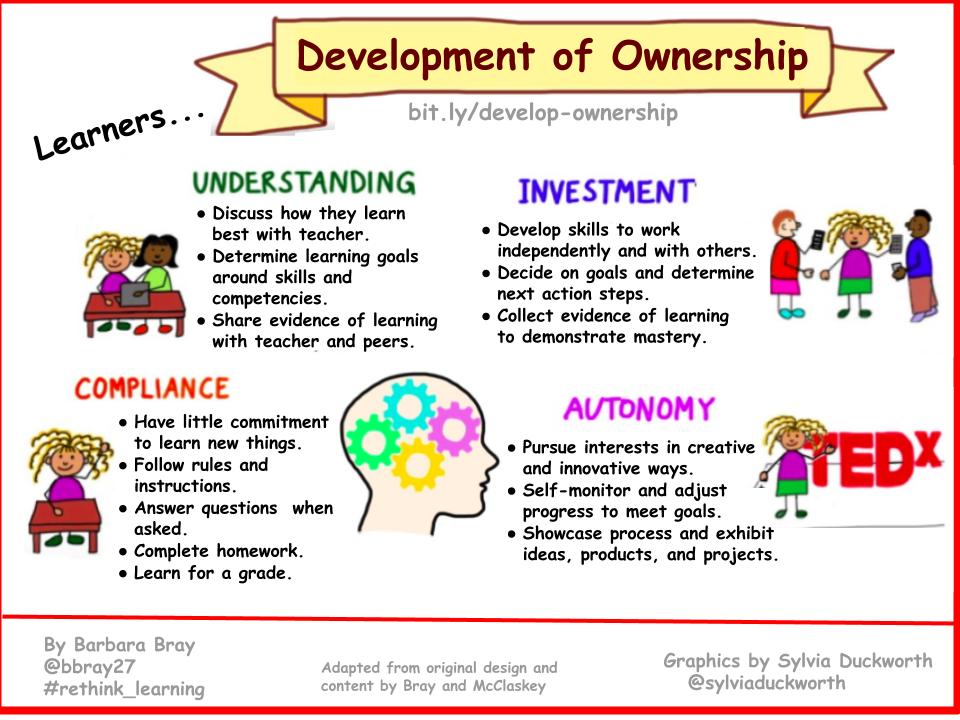Table of Content
Black homeownership, meanwhile, remains at just 45%—30% lower than that of white families and nearly unchanged since 1968, when overt housing discrimination was outlawed. Capping the MID at $500,000 would have virtually no effect on homeownership rates. And according to the economist Glaeser, it would have only “modest effects on home prices” in supply-constrained cities like San Francisco and virtually no effect in cities with plenty of available land, like Houston.

Sure, there are instances where it doesn't make sense, but for the average person or family, I still think homeownership is one of the foundations for a stable life and it is still an investment in the future. That may explain why many of the cranes in downtown Miami are building rental properties. While condos may have driven recent booms, rentals have become more available in the most recent cycle, driven by favorable financing conditions for multifamily units. Rentals are also affordable when compared to condos, which require the buyer to have much more cash on hand and superior credit, noted Andres Lozano (MSIRE '15, BBA '09). Lozano serves as development manager at ZOM, which develops multifamily rentals in both suburban and urban areas of Florida, the Mid-Atlantic and Midwest, as well as a member of the Hollo School Advisory Board. When homeowners association fees and average pricing are also factored in, he said, the result is typically a higher payment.
A narrow case study in reparations for Black families
"The length of tenure in homeownership is a prerequisite for creating housing wealth," said Hardin. Knowing how long one will hold a home is the key to making that decision. If you can commit to staying in place for three to five years, he noted, your investment in making a house your new home will likely pay off economically. On the way in to work today I noticed that Time Magazine's latest cover story [Rethinking Homeownership - TIME.] questions whether or not home-ownership makes economic sense.
The taxes alone today are about $2,000 a year, or $166 a month. Not bad, but it's nearly double what payments were when the owner first bought it. There are some folks who can't afford the property taxes and other expenses, even when a home is paid off. Yet the American dream of owning a home with a white picket fence is still alive, particularly in the undergraduates Hollander teaches in her evening real estate courses. Many of them are children of immigrants or immigrants themselves, still harboring the dream of owning a home of their own. They face an uphill battle in Miami, where mortgages are denied more often than anywhere in the U.S.
About FIU Business
A 26-year-old Latina with thick-rimmed glasses, Diaz rents a small two-bedroom apartment in Braintree, Mass., an outer suburb of Boston. Her two sons, Xzayvior and Mayson — Zay and May, she calls them — share a room plastered with Lego posters and Mickey Mouse stickers. Her apartment is spare and clean, with ceiling tiles you can push up and views of the parking lot and busy street. Instead, however, of cursing the banks, bemoaning the previous generation’s profligacy and fuming at whichever political party you oppose, perhaps now is the time for a re-think of British property culture.

His family immigrated from Ghana when he was 8 and settled down in West Bridgewater, Mass., a town 30 miles south of Boston, where he was one of the few black students at the local public school. “It was us and this Jewish family,” Asare remembered. “It was a field day.” His white classmates bullied him, sometimes using racial slurs. His father transferred Asare when he was 14 to Milton Academy, which awarded Asare a scholarship that covered tuition and board. His parents still had to take out loans worth about $20,000 for his living expenses.
Community Land Trusts: Buying the home but not the land
Unfortunately, the new team came with the idea of change, but all they are changing is that loading a huge debt in order to ... Keep doing the same, that we were doing, and what had outlived itself. I understand that there are families and individuals who will not be part of owning a home for the next few years due to job loss or home loss via short sale or foreclosure or the big enchilada of bankruptcy.

Well, first it's my informal observation that landlords hold their properties for more than 2-3 years as a rental. I do mailings to absentee owners, and in checking the records most of those folks have owned and rented the property for 10, 15, or more years. Also--and there was an interesting blog recently on the subject of moving every 2-3 years --kids are adaptable. I knew plenty of kids in high school who'd moved every 2-3 years and they were doing just fine. Now, moving that frequently isn't the right thing for everyone, but if it has to be done, there aren't many dire consequences.
If you’ve been fortunate enough to own property over the last years, you’ve probably done exceptionally well. Not that you’ve added to the real economy or worked hard for all that increase in value. You can thank other factors such as banking deregulation, sector privatisation, the tax system and population growth for that.
There will be a new day and people can settle themselves in a home again that will be theirs. They can realize the American dream of homeownership - a place of their own, where they can paint the room red if they want to, do custom trim work, plant a tree that their children will watch grow, and have block parties with the neighbors. The first was the 2008 housing crisis, which left wide swaths of the American public financially battered. Millennials, then in their teens and 20s, watched as friends and families lost their homes and the world fell into an economic slide.
While it is definitely a contributing factor, I am not sure that Mum & Dad investors have necessarily commoditised housing. At least that is not their intent and in many cases they increase the stability of tenure and affordability, simply because they know their tenants. As a nation we have very limited financial education in schools, tend to be skeptical of a lot of other investment options and have simply followed what seems to work.

In France, landlords cannot evict tenants during the winter months of November to March. In Germany, a landlord can be fined if their rents are 20 per cent higher than comparable properties during a period of limited accommodation. When you break down the purpose of housing and what people want from it, I would argue that these five attributes top the list.
U.S. Where the Abortion Fight Goes NextIt’s just that we usually don’t dial our elected officials when our less-fortunate neighbors are hurting, because we are not. “This is the nicest house I’ve ever lived in,” Asare told me. That is not to say that the UK isn’t moving in that direction. The 2004 Tenancy Deposit Scheme ensures landlords can’t retain tenants’ deposits for no reason. However, tenants can still be evicted with a mere two months notice and long-term contracts are difficult to find. Part of the problem is that Western Europe’s legislation protects tenants more than landlords.
The client can then buy back the home with the equity they accrued through paying the rent, or cash out the equity at the end of their lease. The end result is that millions of American families across the income spectrum are now effectively locked out of homeownership. The problem is particularly acute for young people and people of color. The homeownership rate among millennials, ages 25-34, is 8 percentage points lower than it was for both baby boomers and Gen Xers in the same age cohort.
While many Americans assume that most poor families live in subsidized housing, the opposite is true; nationwide, only one in four households that qualifies for rental assistance receives it. Most are like Diaz, struggling without government help in the private rental market, where housing costs claim larger and larger chunks of their income. Agree with your x5 key factors people are looking for. In my view the reason home ownership is often elevated in importance is because of some of these same factors. Mainly that security of tenure and long term affordability can't be guaranteed in a rental. Rent is also many families single biggest living expense, so ability to reduce living costs over time, often comes down to home ownership.

When the time came to buy, at the age of 21, Weiland was ready with a 10% down payment and funds for additional expenses, including an extensive renovation. Bill Hardin, founding director of the Hollo School and an expert in real estate finance, sees home buying rebounding with the maturation of millennials. Statistics point to millennnials' delayed yet eventual move into raising families in homes they own, once they find jobs and places where they can live for a while. "I think that this new generation is really looking for something different from what their parents wanted," Austin Hollo said. Yet he also noted that half of the building's residents are between the ages of 35 and 55. "Today, people want connectivity and walkability, options and flexibility, and the burdens of homeownership don't necessarily mesh with that anymore."

No comments:
Post a Comment